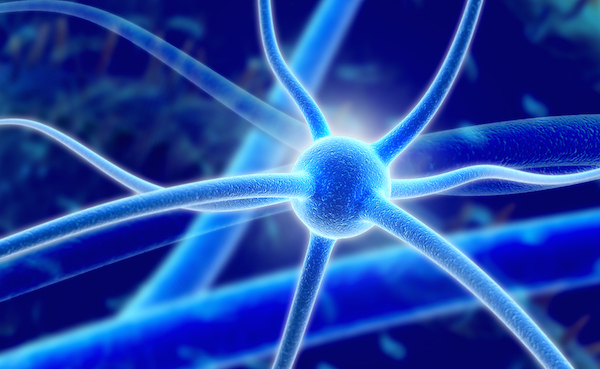
TUESDAY, Oct. 8 (HealthDay News) — Maternal stress and air pollution have each been pinpointed as possible contributors to behavior problems in childhood, but a new study suggests the harmful effects are magnified by exposure to both in the womb.
The research doesn’t prove that prenatal air pollution and maternal stress are responsible for increasing levels of misbehavior in kids. But the findings do suggest that policymakers should pay attention to both risk factors, said study author Frederica Perera, a professor of environmental health sciences at Columbia University’s Mailman School of Public Health, in New York City.
Added Dr. Andrew Adesman, chief of developmental & behavioral pediatrics at Cohen Children’s Medical Center of New York, in New Hyde Park: “There’s seemingly an interaction. They’re bad enough alone, but put them together and they’re worse.”
Pollution has been linked to a variety of behavior problems in kids. Last year, a study led by Perera found that inner-city women exposed to certain pollutants during pregnancy are more likely to have kids with anxiety, depression and attention problems. Another study linked air pollution exposure in kids to a higher rate of autism.
It’s a challenge, however, because other factors — such as poverty or genetics — might also boost the risk of problems in kids. And researchers can’t reach more certainty by randomly assigning some kids to be exposed to pollution.
In the new study, published online Oct. 7 in the journal Pediatrics, Perera and her colleagues tracked 248 children of women born in an area of Krakow, Poland, that has higher levels of air pollution, mostly because of coal-burning. They measured air pollution exposure during pregnancy, tracked the children’s behavior until age 9 and monitored what they called “demoralization” (psychological stress and difficulty coping) in the mothers during pregnancy.
The researchers defined misbehavior in the kids as anxiety and depression, a tendency to break rules and aggression.
Anxiety and depression “affect children’s ability to learn and perform in school and their future well-being,” Perera said.
The study found that kids of mothers who were exposed to air pollution in pregnancy and were also depressed suffered a “magnified” effect greater than the two effects separately, Perera said. The researchers had adjusted the statistics in the study so they wouldn’t be thrown off by factors like family income.
Overall, Perera said, the effect is “modest, but statistically significant.”
What’s going on? One expert had a theory.
“Pollution during pregnancy can affect the developing brain through a lot of possible pathways, but we are not yet sure which ones are actually most important,” said Andrea Roberts, a research associate with the department of social and behavioral sciences at the Harvard School of Public Health. “Pollution could make the brain more vulnerable to later impacts, like mother’s mood and quality of parenting, which we know affects [the] child’s mood, mental health and behavior. So, it may be that the brains of kids exposed to pollution during gestation are less resilient to the effects of later stressors.”
Adesman said it’s clear that pollution and depression in mothers can hurt a child’s development, and it’s not necessary to understand how they work together “to make an argument that the risk factors should be minimized.”
More information
The U.S. National Library of Medicine has details about air pollution.
Copyright © 2026 HealthDay. All rights reserved.

